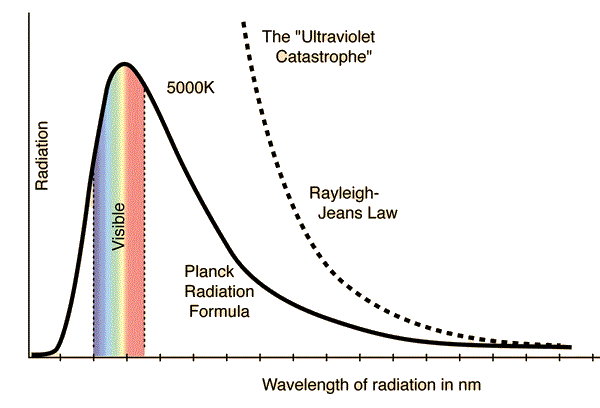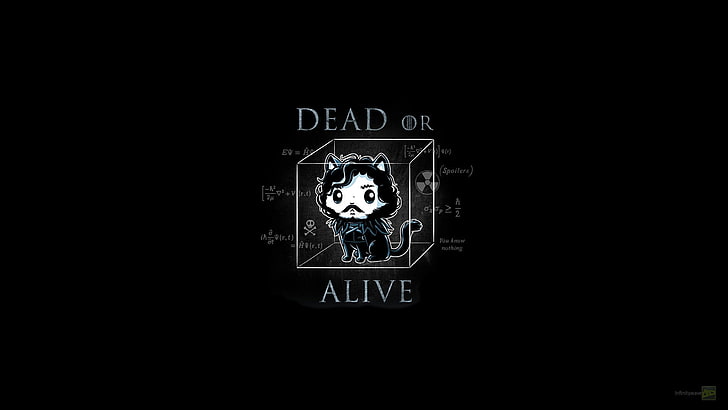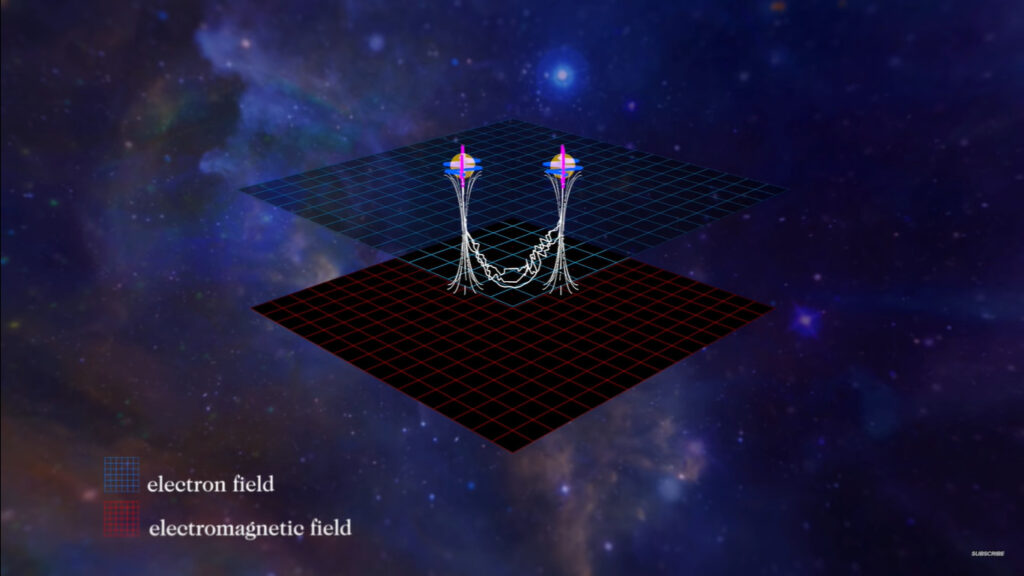People say physics is slowly fleeting away from reality. Every new prediction and every new advancement is so abstract and hence seem too absurd to our perception. The firm believers of a simple and beautiful theory of reality refuse to believe in the advancements of physics. They discard these theories calling them ridiculous and not realistic. But poor them, they have no idea that reality itself is bent and twisted in ways beyond our perception. It is not physics that is absurd but reality itself is absurd beyond our understandings.
The Reality of Today’s Physics
Physics is often woven by desperate ad-hoc of physicists distressed attempt to explain reality. One prime example could be of the legend Max Planck. He wrote down the equations for the black body radiation in an attempt to explain the catastrophic predictions of the existing theories. The predictions of the theories gave infinite energy but observed energy tends to zero at higher frequencies. Max Planck was lucky in his assumption that the walls of blackbody absorbed and emitted radiation, not in continuous amount, but in discrete levels. The exponential function he introduced in his equation and the constant named after him were intended to vanish off in the final form of his equation.
But alas, it remained there and hence opened the doorway to an entirely new understanding of reality called quantum physics. When we sit back and think about it now, it is amazing how a desperate attempt of explaining an observation actually lead to a right description of reality.

In the 1800s, if you had told someone that classical mechanics which had, till then, stood firmly against all the testing was fundamentally wrong and that reality was described by some absurd theory by the name quantum mechanics where God played dice with the universe, they would call you a madman and they would argue that reality is simple, elegant and deterministic. But today we are used to the world of quantum, no one anymore seems to reject the quantum mechanical explanation of the universe.

The Modern-Day BlackBody
A similar ad-hoc was introduced in the Quantum Field Theory (QFT) formulation of reality. QFT tells that all of the universe is nothing but fields, different fields corresponding to different particles cover up the entire universe, and particles are excitations in these fields. A good analogy would be that of a layer of water covering the entire plane, and particle as a ripple on it. QFT describes the interaction between particles via energy transfer through other fields. For example, if you consider two electrons interacting, they both interact with the electromagnetic field, disturbing it and influencing each other.
To put things intuitively, let the electron field be a layer of oil on the layer of water which is electromagnetic (photon) field. An electron is a ripple on oil, and this ripple can cause a disturbance in the layer of water. When two electrons (ripples) come close to each other they cause disturbances in the electromagnetic field. These disturbances, in turn, affect the electrons and hence causing an interaction to take place.

[Image: PBS Space Time]
The Birth of Virtual Particles
When physicists tried to model this interaction, things blew up. The disturbance caused by electrons in the photon field lead to a back-interaction and affecting the electrons. This in turn affected the disturbance in the photon field and hence affecting the electron and hence so on. This meant that they had to add an infinite number of terms to get the desired interaction. There was no way to keep an account of these interactions, the maths was chaos and it was not possible to solve it anymore.
This is where the perturbation theory makes its entry. Perturbation theory models a complicated interaction by starting with the simplest possible interaction and adding the more complicated interaction to it to increase precision. To explain these interactions, physicists came up with another ad-hoc, the virtual particles. In the case of two electrons repelling each other, the interaction is pictured as virtual photons being exchanged between the two electrons, like a game of dodgeball. The photons impart momentum, pushing the electrons away from each other.
[GIF: reivan] (The source code of the simulation can be found here
Richard Feynman devised an ingenious method, now famously known as the Feynman diagrams to keep a track of these complicated interactions and how much they contribute to the actual interaction.

[Image: Dr Micheal G Strauss]
Virtual Particles – A Proof that Physicists have gone nuts
virtual particles
These virtual particles look so unreal that it seems they do not belong to our reality. They have eerie properties that can haunt the nighttime of any physicist. The first thing to be said is that the virtual particle is a perfect momentum manifestation of the field, i.e. it’s momentum is perfectly known without any uncertainty. This would mean that its position counterpart has infinite uncertainty, again thanks to Heisenberg. What this means is that there is no way to find out where the particle is at any point in time.
These particles have non-realistic properties, the uncertainty in the position implies that the particle is created and destroyed everywhere in the universe instantaneously. This would imply properties like the ability to travel faster than the speed of light, and also having imaginary masses. These particles also violate energy conservation, randomly popping in and out of existence, as if it was not weird enough already.
The Reality of these Virtual Particles
virtual particles
These uncanny properties of the virtual particles might make you think that these are unreal and are nothing more than mathematical abstraction or mathematical hack created in order to explain the interactions. But you are dead wrong. The mathematical ad-hoc is indeed real, not kidding. These particles have some real physical consequences and effects that are observable in experiments.
There are quantum effects like the Casimir effect, where two mirrors placed in perfect vacuum attract each other with a force greater than the gravitational force, and vacuum birefringence, where perfectly unpolarised light becomes polarised while travelling through the vacuum in presence of strong magnetic fields, and many other effects which are direct consequences of virtual particles popping in and out of existence in the vacuum.

[Image: Pinterest]

[Image: PhysicsCentral]
Thus, with these effects proving the existence of these particles time and time again, we need to open our eyes wide and realise that reality is indeed mysterious. Reality is neither simple nor deterministic, and there is no way we can bend reality to our convenience. It is time, that we keep our trust in mathematical abstractions to unveil the curtains hiding the true nature of reality, the underlying machinery of the grand apparatus called the universe.
virtual particles
Everything we call real is made of things that cannot be regarded as real.
Niels Bohr
virtual particles




Thanks in support of sharing such a nice thinking, piece of writing is nice, thats
why i have read it completely
I think this is one of the most vital info for me. And i’m glad reading your article.
But want to remark on few general things, The website style is ideal,
the articles is really excellent : D. Good job, cheers